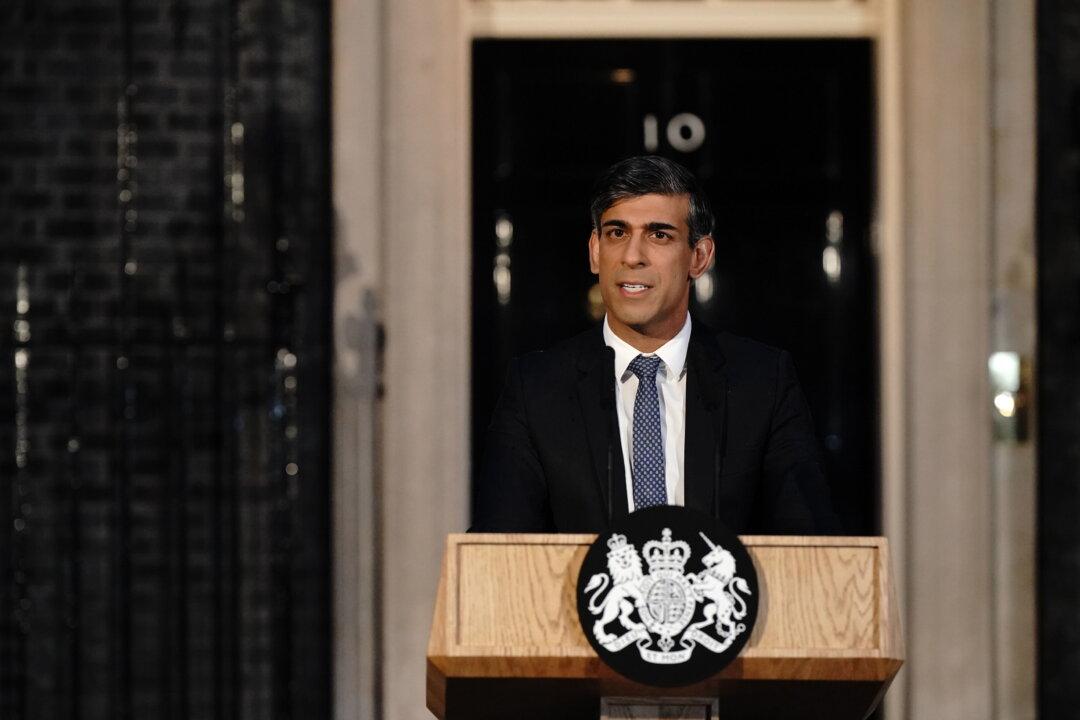Rishi Sunak warned of “a poison” of extremism amid tensions over the ongoing Israel-Hamas war.
In a rare speech at Downing Street, the prime minister vowed tougher action on extremism and called on communities to “live together” rather than “living parallel lives.”





